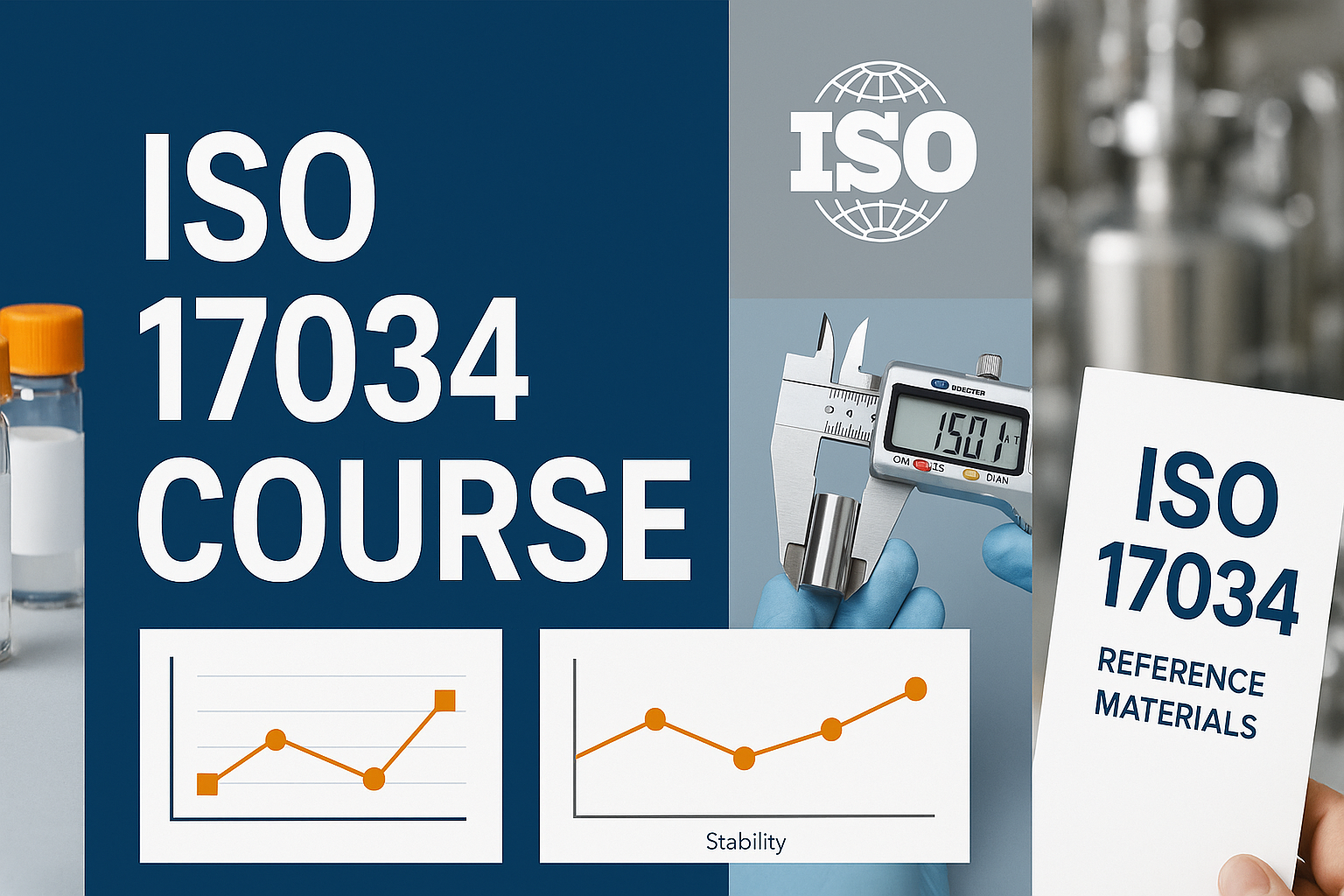Introduction to ISO/IEC 17034 Standard
Introduction to ISO/IEC 17034 Standard
This course is designed to provide participants with a clear understanding of the requirements, objectives, and significance of ISO 17034 – General requirements for the competence of reference material producers – and the relevant policies of the National Office for Quality Accreditation (NOQA).

Quicklink
Objectives
The course introduces the structure and content of ISO 17034 to help participants:
- Understand the requirements of ISO 17034 and NOQA’s related policies;
- Apply ISO 17034 in practice;
- Assess the current status of a reference material producer (RMP) and plan necessary improvements to meet and maintain accreditation.
Target audience
This course is suitable for:
- Staff at reference material production organizations who need to understand ISO 17034 and related management requirements;
- Laboratory personnel responsible for managing RMP quality systems;
- Individuals preparing to work in RMPs;
- New employees of RMPs;
- RMP staff planning to develop and implement quality management systems and apply for accreditation under ISO 17034.
Course content
- Background and development of ISO 17034;
- Structure of the standard;
- General requirements;
- Organizational and structural requirements;
- Resource requirements;
- Technical and production requirements;
- Quality management system requirements;
- Accreditation of reference material producers;
- NOQA policies on RMP accreditation;
- Q&A session.
Related modules
- Introduction
This course is designed to provide participants with a clear understanding of the requirements, objectives, and significance of ISO 17034 – General requirements for the competence of reference material producers – and the relevant policies of the National Office for Quality Accreditation (NOQA). - Objectives
The course introduces the structure and content of ISO 17034 to help participants:
- Understand the requirements of ISO 17034 and NOQA’s related policies;
- Apply ISO 17034 in practice;
- Assess the current status of a reference material producer (RMP) and plan necessary improvements to meet and maintain accreditation.
- Target Audience
This course is suitable for:
- Staff at reference material production organizations who need to understand ISO 17034 and related management requirements;
- Laboratory personnel responsible for managing RMP quality systems;
- Individuals preparing to work in RMPs;
- New employees of RMPs;
- RMP staff planning to develop and implement quality management systems and apply for accreditation under ISO 17034.
- Course Content
- Background and development of ISO 17034;
- Structure of the standard;
- General requirements;
- Organizational and structural requirements;
- Resource requirements;
- Technical and production requirements;
- Quality management system requirements;
- Accreditation of reference material producers;
- NOQA policies on RMP accreditation;
- Q&A session.
Register
| Date | Location | |
|---|---|---|
| Ho Chi Minh City | Register |
